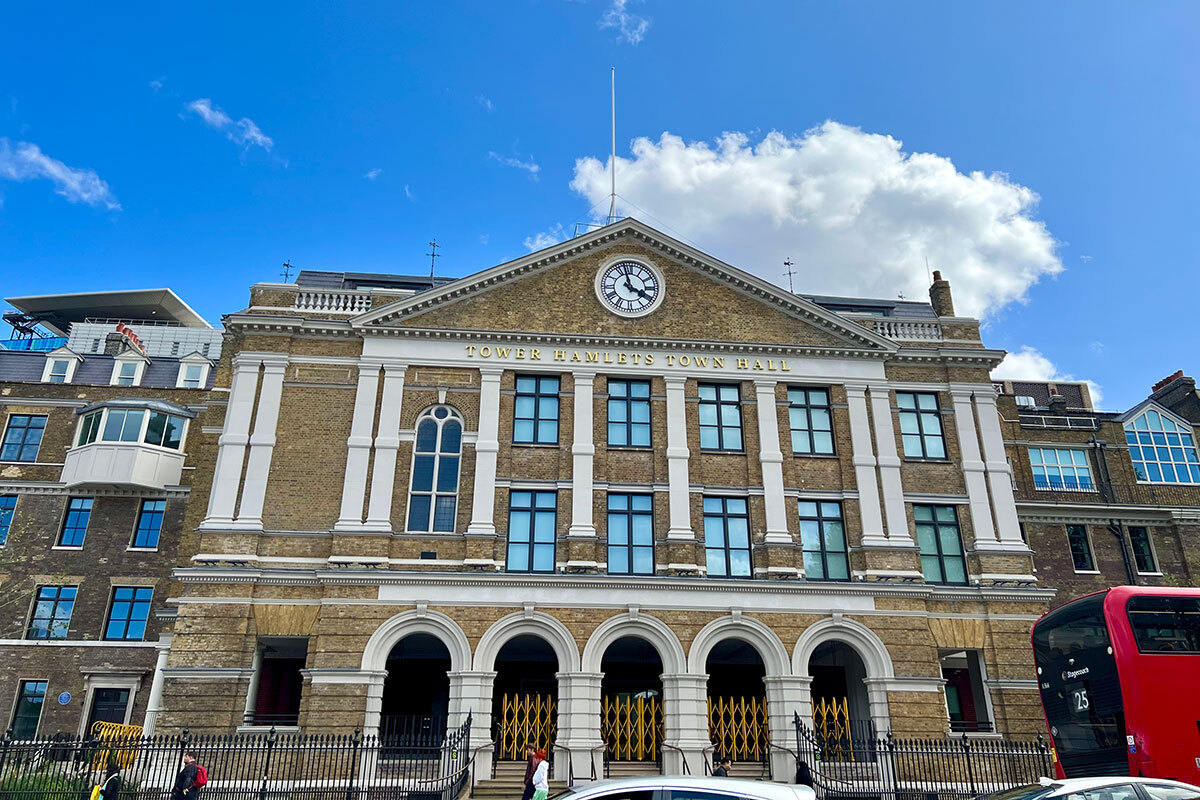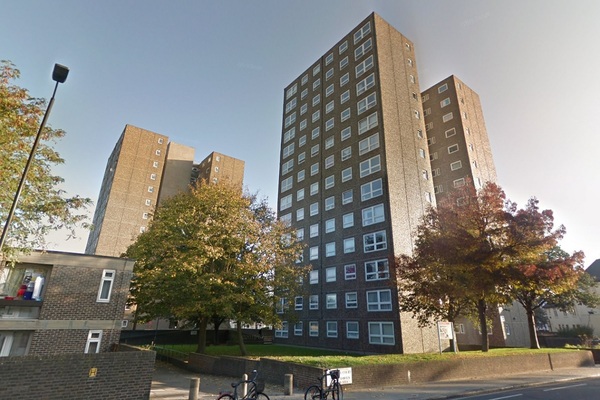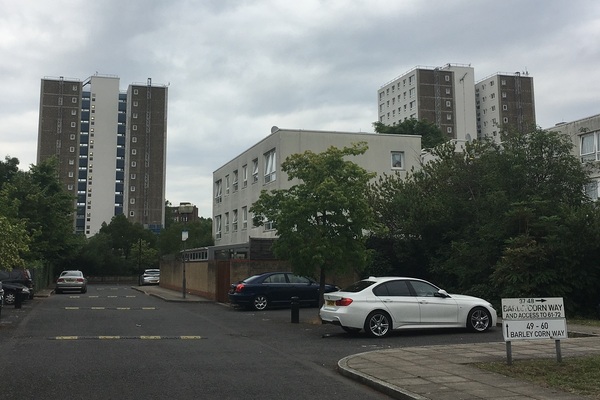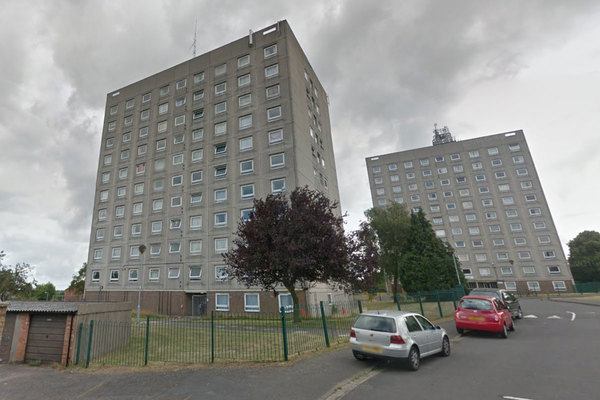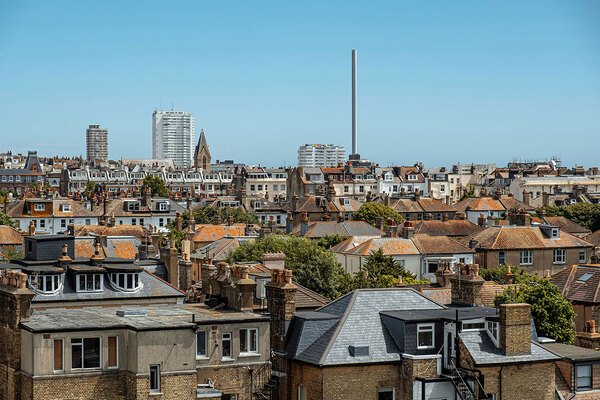Tribunal judge rules that structural defects do not fall under repairs and maintenance
A tribunal judge has ruled that a London council is not entitled to recover the cost of remedying structural defects caused by a building’s construction from leaseholders through their service charge.
Tower Hamlets Council lost an appeal following a decision by a first-tier tribunal (FTT) after nine out of 32 leaseholders of the Barley Mow Estate in east London brought forward the case.
The ruling concerns the use of a large-panel system (LPS), a construction technique widely used in the 1960s whereby mass produced concrete slabs were bolted together to form the walls and floors of the building.
The council was criticised in July 2019 for retaining the two tower blocks on the estate built using the same system as Ronan Point – a tower block that partially collapsed in 1968 – where structural issues have been uncovered.
The peril of that system was that the walls bore the weight of the building. This is an issue because the Ronan Point Inquiry recommended work to safeguard buildings constructed with an LPS from the risk of collapse in case of abnormal loading.
When a piped gas explosion destroyed external walls in Ronan Point, the floors also collapsed. Four people were killed and 17 were injured.
As a result, the government set standards for such work, and initial work was carried out on the Barley Mow Estate in the late 1960s.
The estate was transferred to the council in 1986. Additional work was carried out between 1990 and 1994 to strengthen the building.
This was followed by an investigation in March 2020 that looked at a number of issues, including the installation of external steel frame and the application of external reinforcement to cross walls. Plus, the installation of internal bedroom steel frames and lobby cupboard steel frames.
The total cost to fix the two blocks was estimated at around £8m, which the council wanted to recover a part of.
The leaseholders hold long leases in the two remaining buildings, Malting House and Brewster House. Their leases were granted under the Right to Buy scheme at various dates from 1989 to 2005.
They subsequently made an application to the FTT for it to determine under Section 27A of the Landlord and Tenant Act 1985 whether those service charges were payable under the terms of the lease, or if the costs were going to be reasonably incurred under Section 19 of the act.
Judge Elizabeth Cooke was asked to consider whether the works were recoverable under the long leases of flats within the blocks as being the cost of work to “maintain” the blocks in good condition or alternatively via the “sweeper” provisions in the leases.
Judge Cooke found that neither a covenant to repair or a covenant to maintain is a covenant to remedy structural defects, or make a building safe that was not safe when built.
Giles Peaker, a partner at Anthony Gold, said the case has the potential to have a much broader significance.
He said: “If works to remedy structural defects, or arguably other safety works, do not fall under a covenant to repair and maintain, and there are no other clauses that could be taken to expressly include such works.
“Then the cost of works will not be payable by leaseholders under the lease, but also… the carrying out of such works would not be an obligation of the landlord’s such that leaseholders could enforce it (though there may well be other ways in which the landlord could be compelled to do such work).
“Without an express clause, a ‘sweeper clause’ expressed in general terms cannot be relied upon by the landlord. But it will all depend on the specific terms of the lease.
“For example, a covenant to ‘repair, maintain and improve’ may well be taken to cover remedying structural or other safety defects. Or, if the building has been subject to enforcement by the local authority or fire service, and there is a ‘comply with notices or orders by a public body’ clause in the lease, that might cover it.
“But the principle that safety works are not maintenance per se is certain to see further application. I would also imagine that this case may be headed to the Court of Appeal.”
A spokesperson for Tower Hamlets Council said: “We note the determination of the upper tribunal and we are currently reviewing our options for appeal.”
The council agreed to carry out a separate review earlier this month after the Local Government and Social Care Ombudsman discovered it had a six-month backlog for processing housing register applications.
Sign up for our fire safety newsletter
Already have an account? Click here to manage your newsletters
